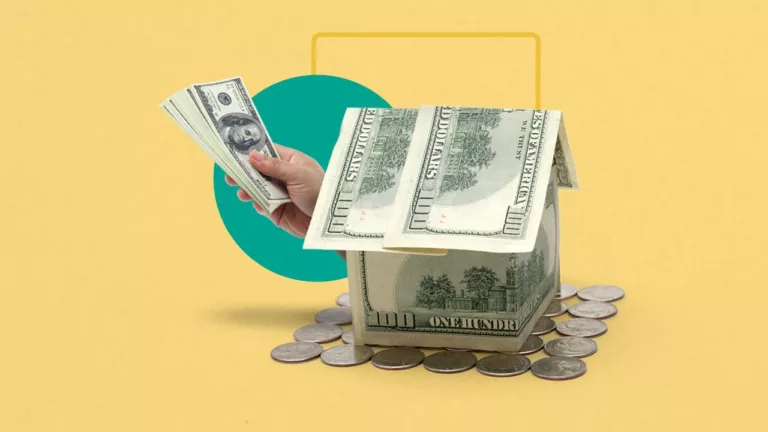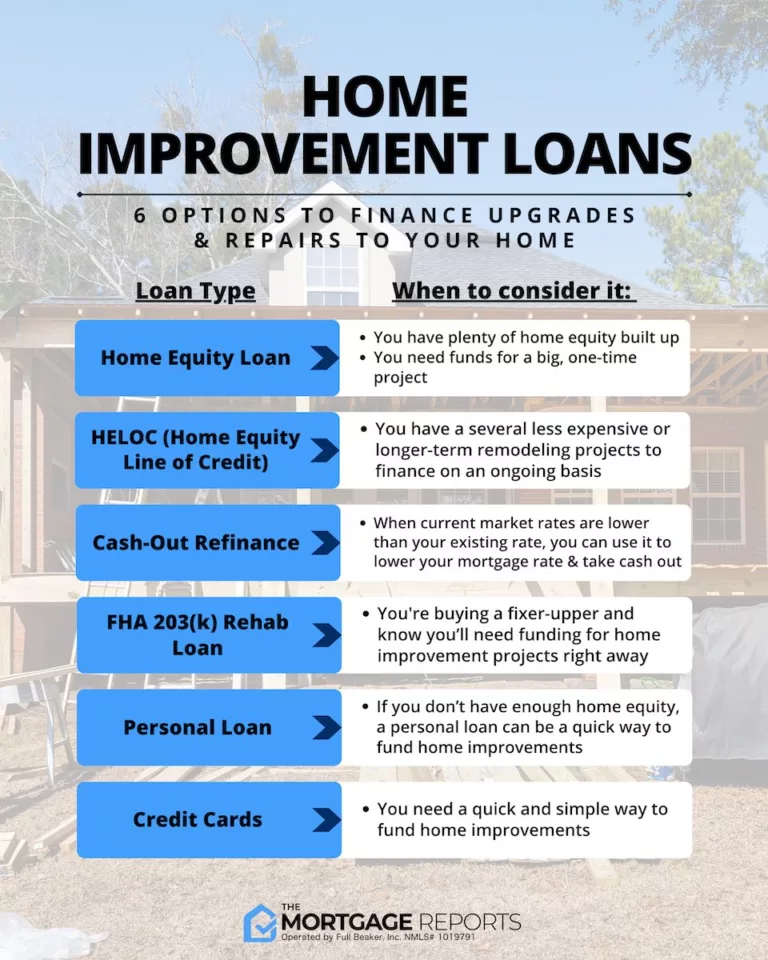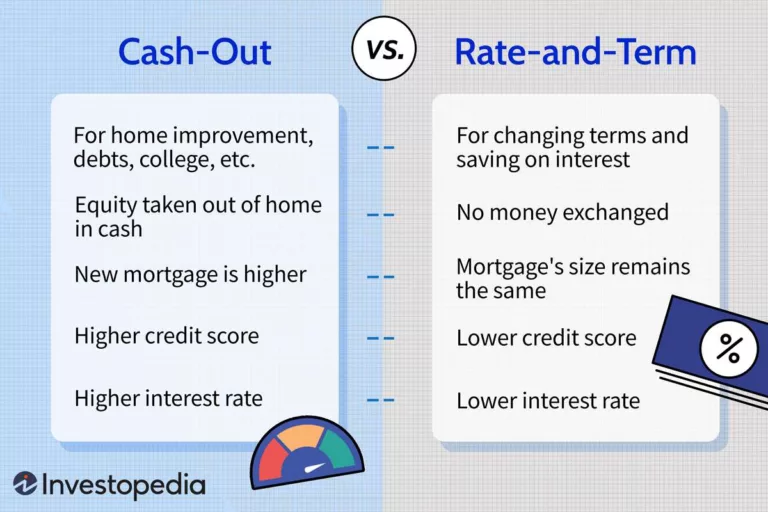Refinance Mortgage for Self-Employed Individuals
Introduction to Mortgage Refinance
Do you work for yourself? Do you have your own business? If yes, this is for you!
Refinancing your mortgage may seem hard. But it is not impossible.
What is Mortgage Refinance?
Simply, refinancing means getting a new loan. This loan replaces the old one.
Why do this? To get a lower interest rate. Or, to change the loan term.
Why Should Self-Employed Refinance?
- Save Money. Pay less each month.
- Shorter Loan Terms. Own your home faster.
- Debt Payments. Combine debts into one.
- Investment. Use extra cash for other things.
Challenges for Self-Employed
Self-employed people may find it a bit more tricky. Why?
| Challenge | Explanation |
|---|---|
| Proving Income. | Your income changes. Banks like steady paychecks. |
| Tax Deductions. | You write off expenses. It makes income look smaller. |
| Credit Scores. | Credit may shift. Banks like stable credit histories. |
How Can Self-Employed Prepare?
Here are steps to take beforehand:
- Check Credit Score. Know your credit status. Improve if needed.
- Organize Documents. Gather tax returns and bank statements.
- Minimize Deductions. Show more income on tax documents.
- Steady Income Proof. Show contracts or work agreements.
- Save. The more you have, the better.
Steps to Refinance Mortgage
Let’s go through steps to refinance your mortgage:
- Shop for Rates. Find the best deal. Look at different lenders.
- Apply. Fill out the application. Send it with all documents.
- Review Offer. Understand the terms. Ask questions if unsure.
- Underwriting Process. Be ready. The lender will check everything.
- Closing. Sign papers. You did it!
Choosing the Right Lender
Not all lenders understand self-employment well.
Look for those who do. They can help you more.
Lenders with self-employed programs are good. They get your work style.
Frequently Asked Questions Of Refinance Mortgage For Self-employed Individuals
What Is Mortgage Refinancing?
Mortgage refinancing involves replacing an existing loan with a new one, often to secure lower interest rates or change loan terms.
Can Self-employed Get Mortgage Refinance?
Yes, self-employed individuals can refinance their mortgage, but must provide comprehensive documentation of income and financial stability.
What Documents Needed For Self-employed Refinance?
Typically, lenders require two years of tax returns, bank statements, and profit and loss statements to verify income for self-employed applicants.
How Does Credit Score Affect Refinance?
A higher credit score can help secure more favorable refinance rates and terms, while a lower score may lead to higher interest rates.
Conclusion
Refinancing is not just for regular jobs. It is also for the self-employed.
Save money and reach your goals. You can do it!




